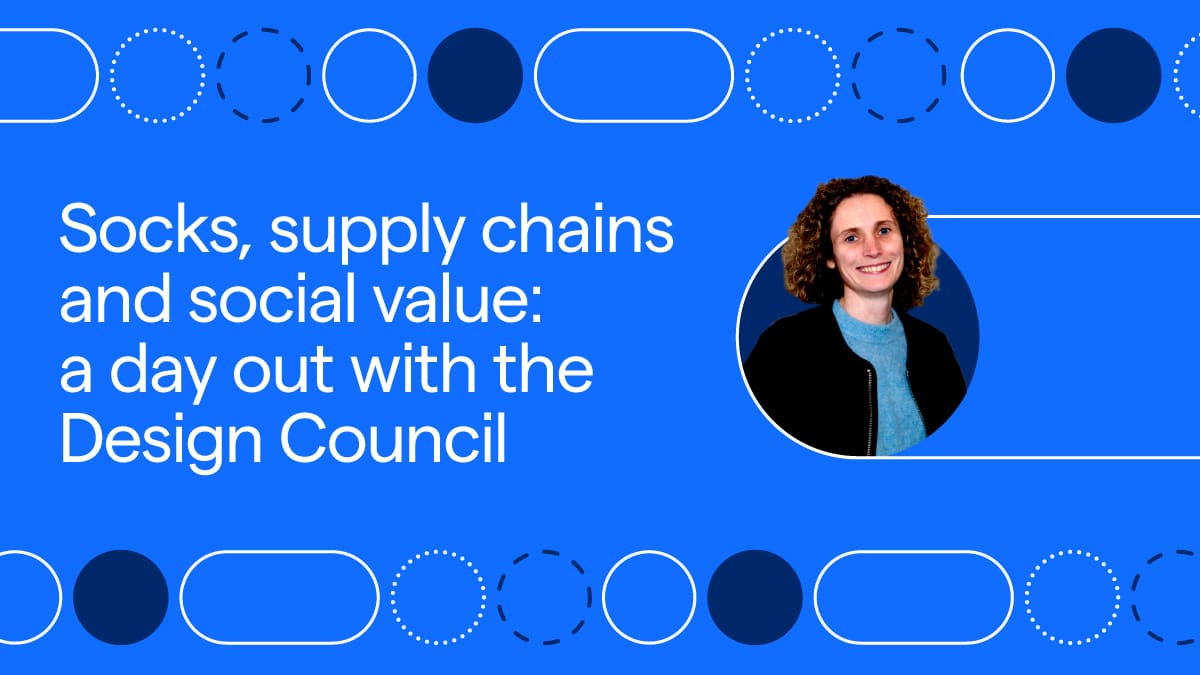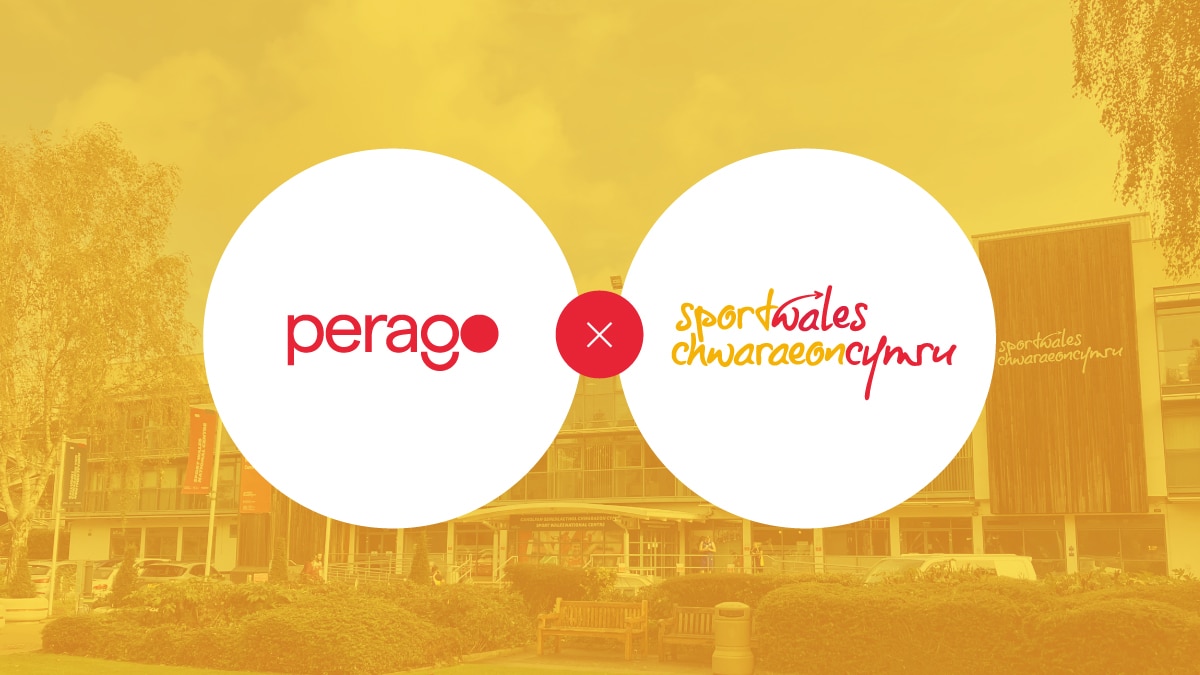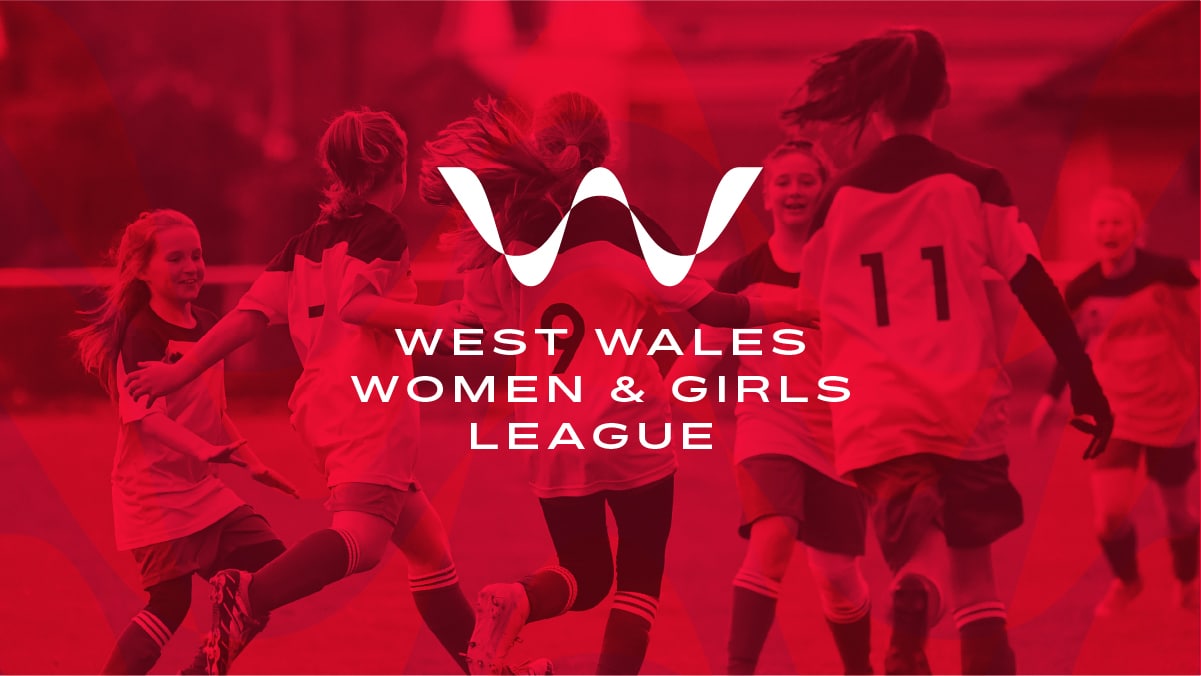Socks, supply chains and social value: a day out with the Design Council
4 min read Written by: Cory Hughes
It’s been a month since I travelled to the Manchester School of Art to attend the Design Council’s ‘Design for Planet Festival’. The theme of the festival was Planet Positive Business and brought together a collective of designers from across the UK and beyond. One question dominated the day – how can we prove that design is the key to creating a thriving, green economy?
The answers came in as many different varieties as there are design disciplines. One that stood out for me is the need for a closer connection between the designers of products and services and the local communities that use them. Patrick Grant, founder of Community Clothing explained how the “very direct relationship between the consumer and the maker” has increasingly been lost. So many products from oven trays to socks are no longer made to last, with a bigger consequence than the creation of waste alone. If we struggle to understand what quality looks like, then how can we make good choices when buying products and services?
From fashion and manufacturing to public service delivery
Although the example from Patrick comes from the world of fashion and manufacturing, the same challenge exists in the commercial lifecycle of public services. Public sector buyers are constantly faced with the question of how to assess the quality of the services, products and technologies they rely on to deliver value for citizens. For many years, procurement practices have centred on awarding contracts according to which supplier provides the ‘most economically advantageous’ tender. In practice, this often puts pressure on public sector organisations to equate ‘value’ with a supplier that can deliver a service at the lowest cost. It’s a challenge we’ve explored with our clients at Welsh Government via Cyd and local authorities as it feels like there must be a better way.
Social Partnership and Public Procurement Act
Welsh Government is now leading on changing this approach with the arrival of the Social Partnership and Public Procurement Act. The act places a duty on Welsh public bodies to undertake ‘socially responsible procurement,’ in accordance with the sustainable development principle. The potential for this act is huge in that it that encourages public sector buyers to consider their own relationship to the ‘makers’ involved in the delivery of public services. As a company based in Swansea, this change resonates with our way of working with all our team (from delivery to service design and communications) living in Wales and using the public services they are also helping to design and deliver. The recent collaboration to empower SMEs with practical resources for social value between Supply Chain Sustainability School and Cardiff Business School, and delivered by Action Sustainability is another key part of making this vision a reality across Wales.
Cross sector collaboration
Social value and sustainability can also be realised by harnessing the power of supply chains for impact. In her talk, Tanya Popeau gave radical examples of how cross-sector collaboration is critical for delivering real change. By reframing a problem and understanding user need, designers can create solutions that really work for people and the planet. But for design to have the greatest impact on the green agenda, practitioners need ‘to get out of our little design bubbles’ according to circular design expert, Sophie Thomas. She closed the conference with the acknowledgement that the scale of the challenge to start building services that last requires a complete shift in how designers work. It’s a timely message as we’ve seen the CDDO recently update the user centred design skill set to include more systemic and environmental awareness. Moving beyond a ‘user focus’ to a ‘focus on everyone’.
Common standards with local impact
We can and should go further, there is also an opportunity to consider common standards that work in different areas, regions and communities. Perago have been involved in setting up a Wales and South West collective for the Design Council to explore what standards are needed to help designers in Wales acquire the skills they need to design for the planet. It’s the start of the journey to design better at a local level and ensure that skills policies mean better, greener jobs and opportunities for anyone connected to the creative industries – whether you’re designing socks or supply chains.
If you’re interested in finding out more about the Design Council Wales and South West collective or would like to chat more about design skills in Wales then please get in touch.




